13 Best Physics Books
Discover a wide range of physics books covering various topics and levels of expertise. Enhance your knowledge and explore the wonders of physics.
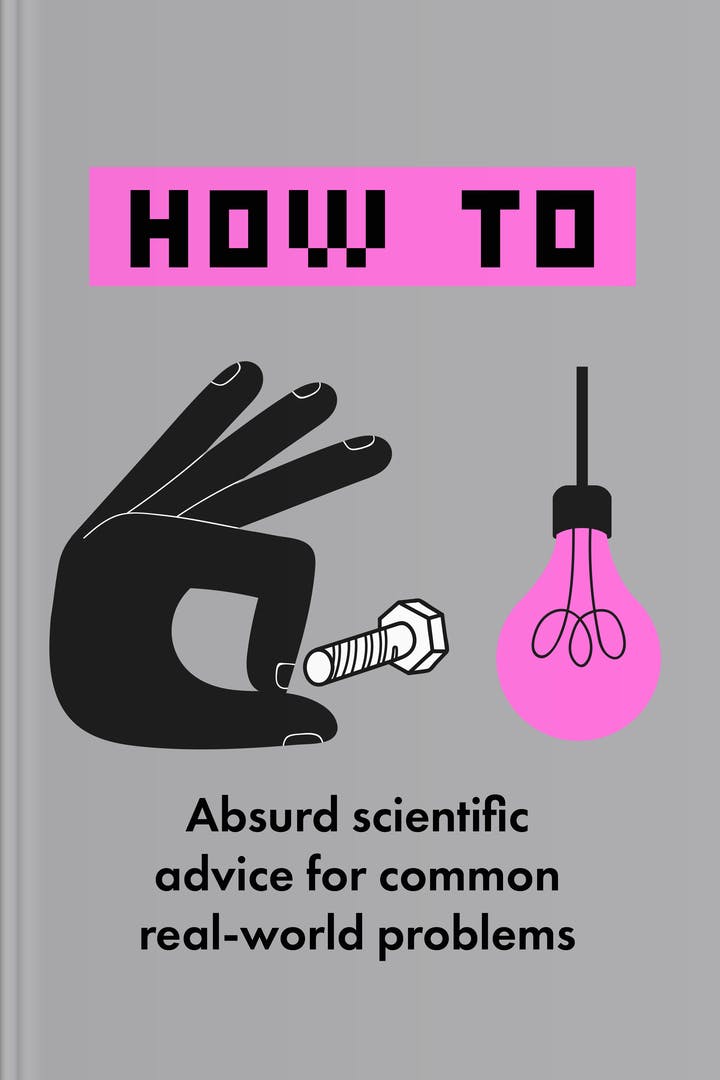 1
1How To
by Randall Munroe
What is How To about?
In this witty and informative book, the author, known for his popular webcomic, offers hilariously unconventional solutions to everyday problems using absurd scientific advice. From how to throw a pool party on the moon to how to build a lava moat around your house, Munroe's unique blend of humor and scientific knowledge will entertain and educate readers, proving that sometimes the most outlandish ideas can lead to surprisingly practical solutions.
Who should read How To
Science enthusiasts seeking unconventional solutions to everyday challenges.
Problem solvers looking for humorous and out-of-the-box scientific advice.
Fans of Randall Munroe's witty and informative writing style.
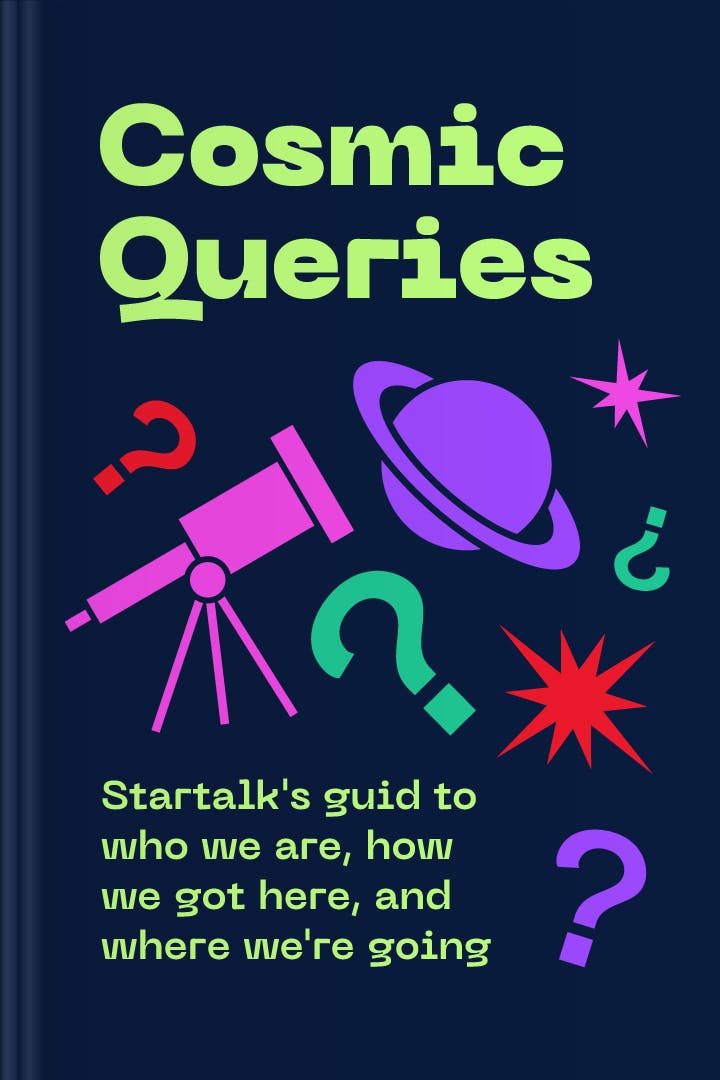 2
2Cosmic Queries
by Neil deGrasse Tyson, James Trefil
What is Cosmic Queries about?
In this captivating book, two brilliant minds, one a renowned astrophysicist and the other a distinguished physicist, join forces to explore the mysteries of the universe. Through a series of thought-provoking questions and insightful answers, they delve into the origins of humanity, our place in the cosmos, and the future that awaits us. With their engaging and accessible style, they take readers on an enlightening journey, unraveling the cosmic queries that have fascinated us for centuries.
Who should read Cosmic Queries
Science enthusiasts seeking a comprehensive exploration of the universe's mysteries.
Curious individuals eager to understand humanity's place in the cosmos.
Fans of Neil deGrasse Tyson's StarTalk podcast craving insightful cosmic revelations.
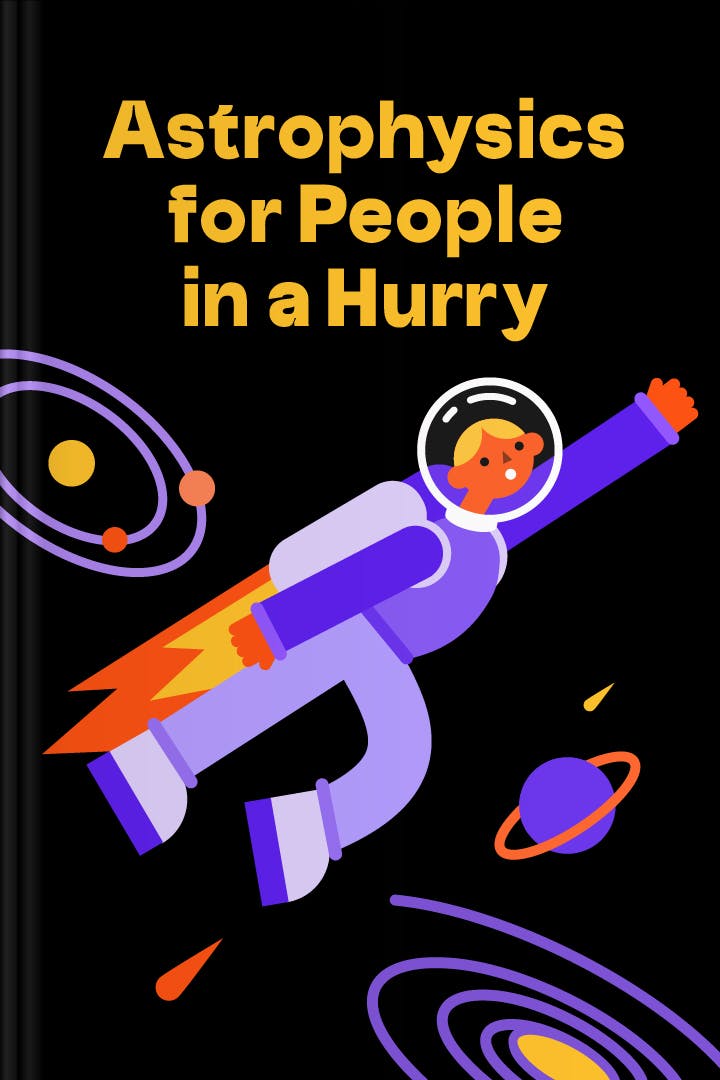 3
3Astrophysics for People in a Hurry
by Neil deGrasse Tyson
What is Astrophysics for People in a Hurry about?
In this concise and accessible book, a renowned astrophysicist takes readers on a captivating journey through the cosmos. Exploring the fundamental concepts of astrophysics, Neil deGrasse Tyson breaks down complex theories and discoveries into bite-sized explanations. From the Big Bang to black holes, dark matter to the search for extraterrestrial life, this book offers a quick and enlightening exploration of the wonders of the universe, perfect for those with limited time but a burning curiosity about the cosmos.
Who should read Astrophysics for People in a Hurry
Science enthusiasts seeking a concise overview of astrophysics concepts.
Busy individuals looking for a quick and accessible introduction to astrophysics.
Curious minds eager to explore the wonders of the universe.
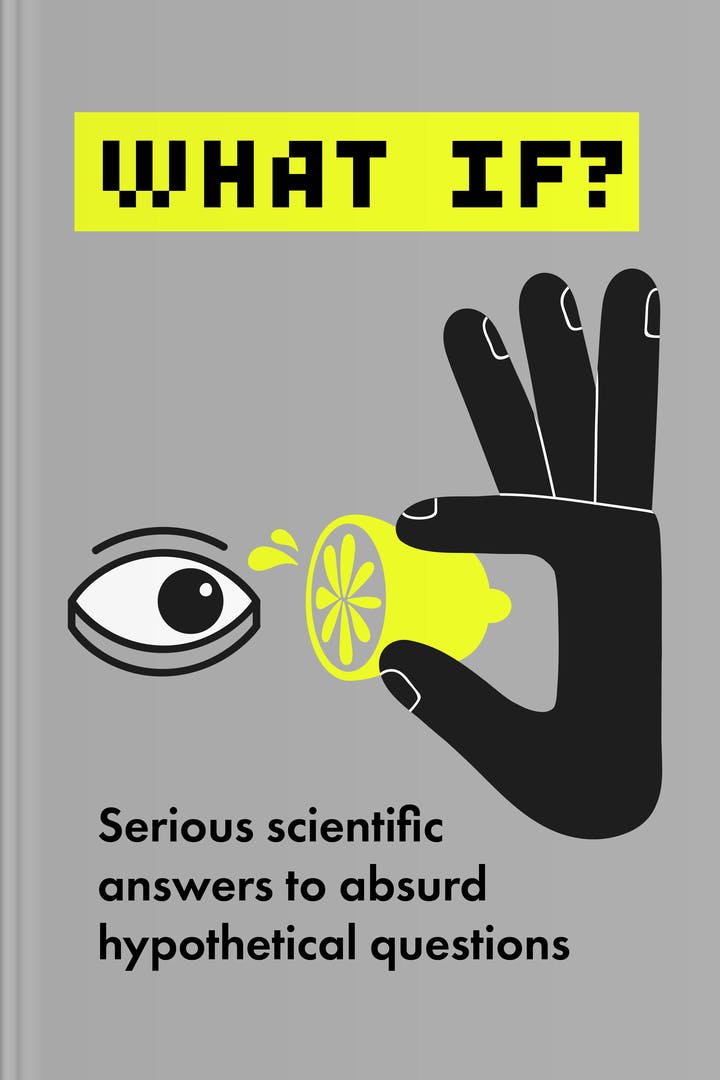 4
4What If? Serious Scientific Answers to Absurd Hypothetical Questions
by Randall Munroe
What is What If? Serious Scientific Answers to Absurd Hypothetical Questions about?
In this thought-provoking and entertaining book, the author, known for his webcomic, xkcd, tackles absurd hypothetical questions with serious scientific answers. From exploring the consequences of throwing a baseball at near-light speed to pondering the effects of a robot uprising, Munroe's witty and informative explanations delve into the realms of physics, biology, and engineering. With a blend of humor and scientific rigor, this book offers fascinating insights into the bizarre and imaginative world of hypothetical scenarios.
Who should read What If? Serious Scientific Answers to Absurd Hypothetical Questions
Science enthusiasts seeking entertaining and thought-provoking hypothetical scenarios.
Curious minds eager to explore the intersection of science and imagination.
Fans of Randall Munroe's witty and informative webcomic
xkcd.
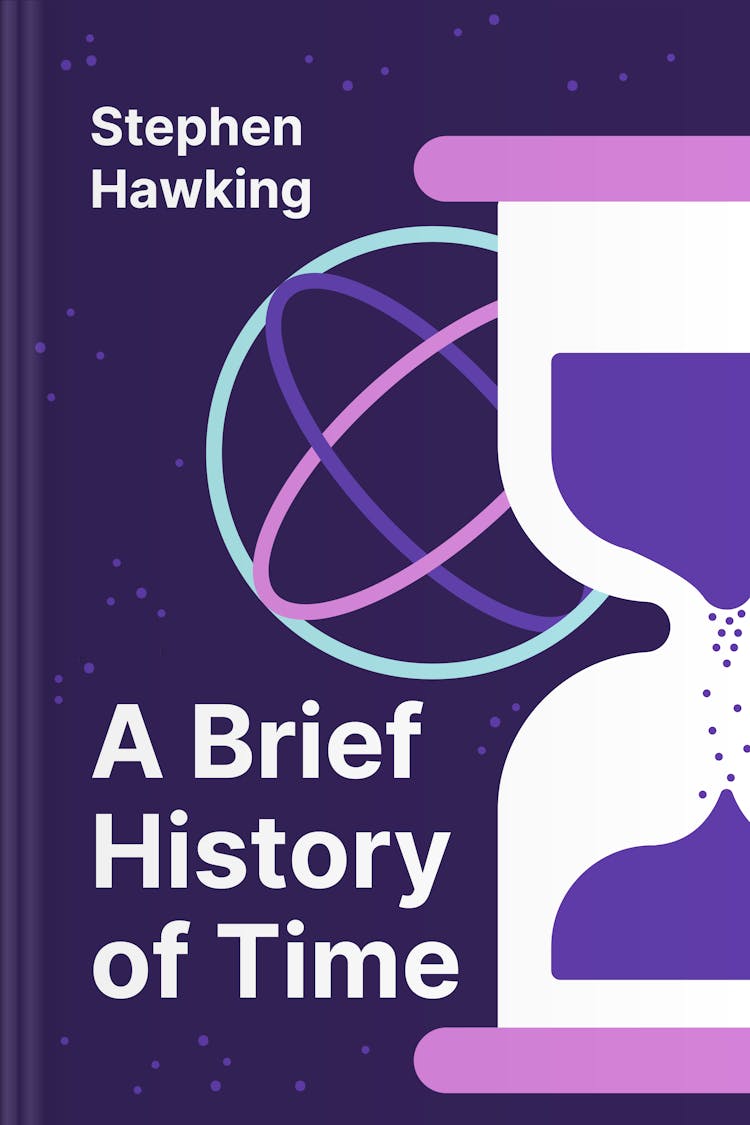 5
5A Brief History of Time
by Stephen Hawking, PhD
What is A Brief History of Time about?
In this thought-provoking exploration, a renowned physicist delves into the mysteries of the universe, unraveling complex concepts such as black holes, the Big Bang, and the nature of time itself. With clarity and wit, the author takes readers on a journey through the history of scientific discoveries, offering a captivating glimpse into the fundamental questions that have fascinated humanity for centuries.
Who should read A Brief History of Time
Science enthusiasts seeking a comprehensive understanding of the universe.
Students and academics studying astrophysics and cosmology.
Curious individuals interested in exploring the mysteries of time and space.
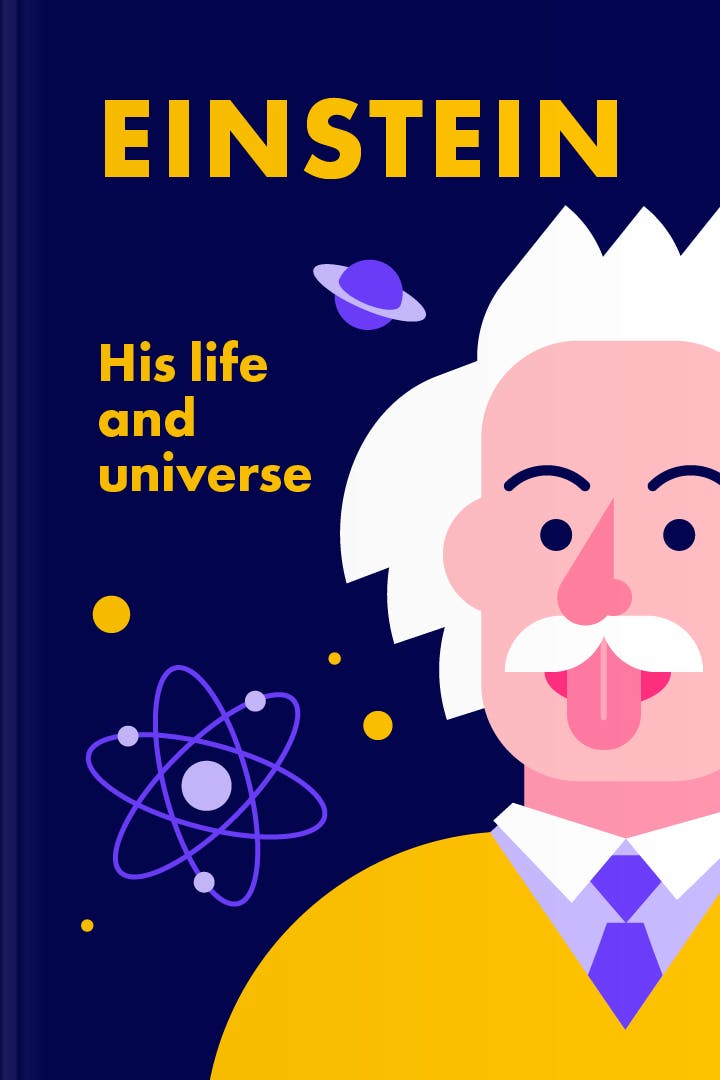 6
6Einstein
by Walter Isaacson
What is Einstein about?
This captivating biography delves into the life and mind of one of the greatest scientific minds in history. From Albert Einstein's humble beginnings to his groundbreaking theories, Walter Isaacson paints a vivid portrait of the man behind the genius. Exploring his personal struggles, scientific achievements, and lasting impact on the world, this book offers a comprehensive and engaging account of Einstein's life and his revolutionary contributions to physics.
Who should read Einstein
Science enthusiasts seeking a comprehensive biography of Albert Einstein.
History buffs interested in understanding the life of a renowned physicist.
Students and scholars studying the life and contributions of Einstein.
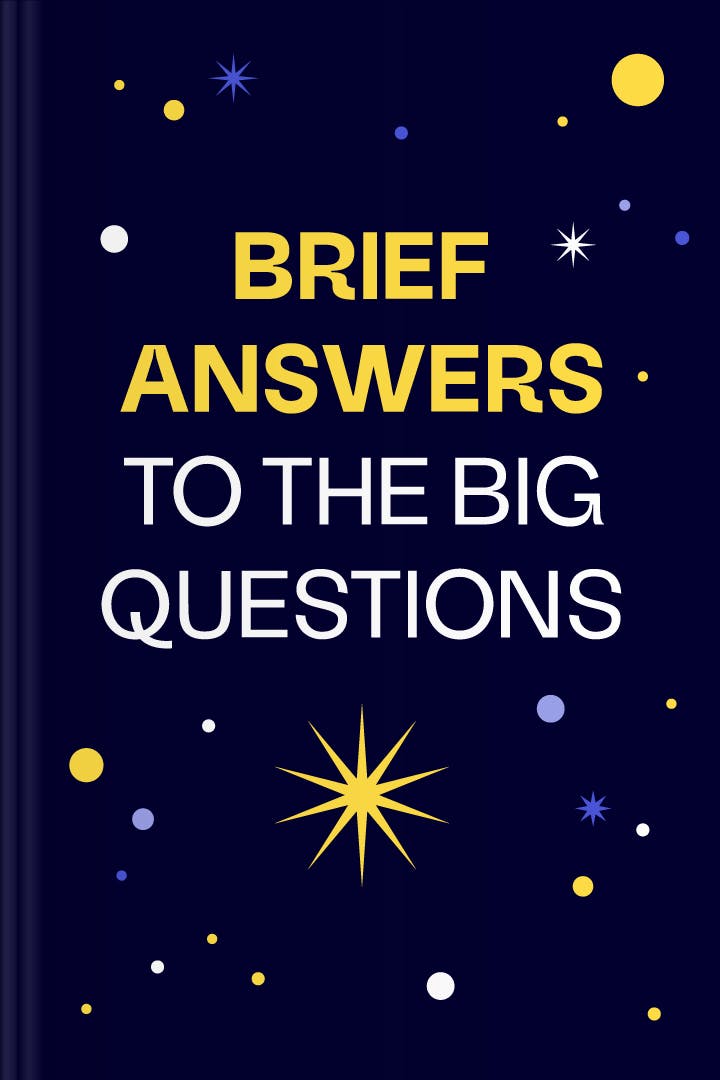 7
7Brief Answers to the Big Questions
by Stephen Hawking
What is Brief Answers to the Big Questions about?
In this thought-provoking book, a renowned scientist tackles some of humanity's most pressing questions. With his signature clarity, Stephen Hawking explores topics like the existence of God, the future of artificial intelligence, and the possibility of time travel. Drawing on his vast knowledge of physics and cosmology, he offers concise and insightful answers that challenge our understanding of the universe and our place in it. A captivating read that invites readers to ponder the mysteries of existence.
Who should read Brief Answers to the Big Questions
Science enthusiasts seeking accessible explanations to profound cosmic questions.
Individuals curious about the future of humanity and our universe.
Readers interested in Stephen Hawking's final thoughts on life's biggest mysteries.
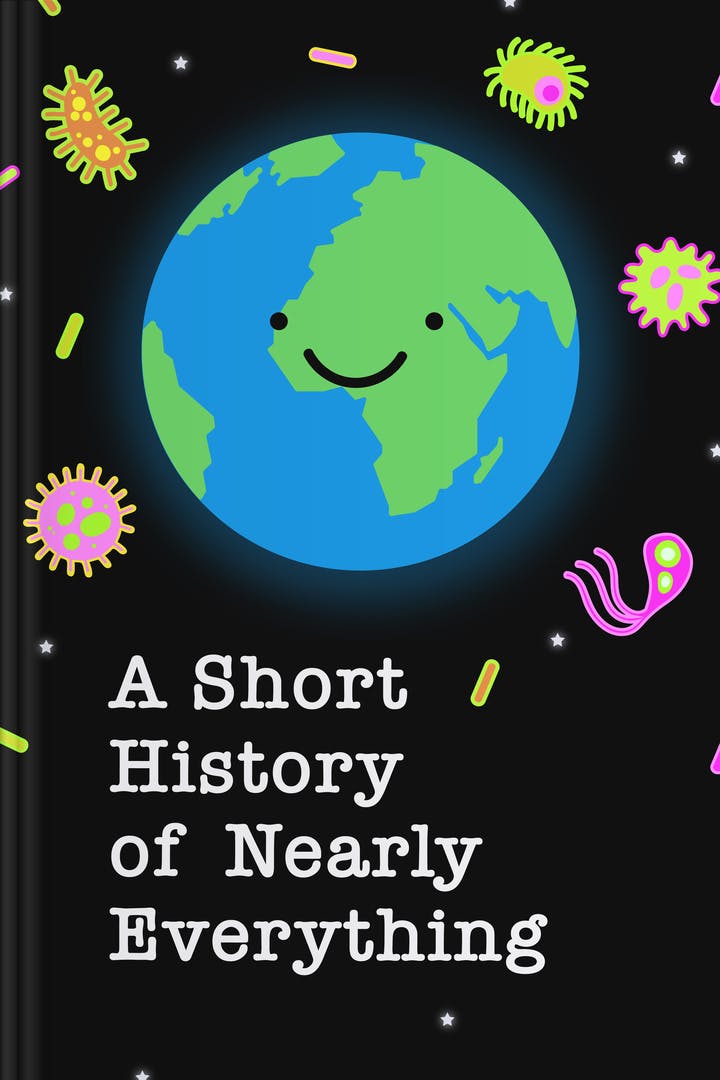 8
8A Short History of Nearly Everything
by Bill Bryson
What is A Short History of Nearly Everything about?
"A Short History of Nearly Everything" is a captivating exploration of the scientific discoveries that have shaped our understanding of the world. Written by a renowned author, this book takes readers on a journey through time, unraveling the mysteries of the universe, the origins of life, and the fascinating stories of the scientists who made groundbreaking contributions. With wit and clarity, it presents complex concepts in an accessible manner, making it a must-read for anyone curious about the wonders of our existence.
Who should read A Short History of Nearly Everything
Science enthusiasts seeking a comprehensive and engaging overview of the universe.
Curious individuals eager to explore the wonders of our world.
Students and educators looking for an accessible science reference book.
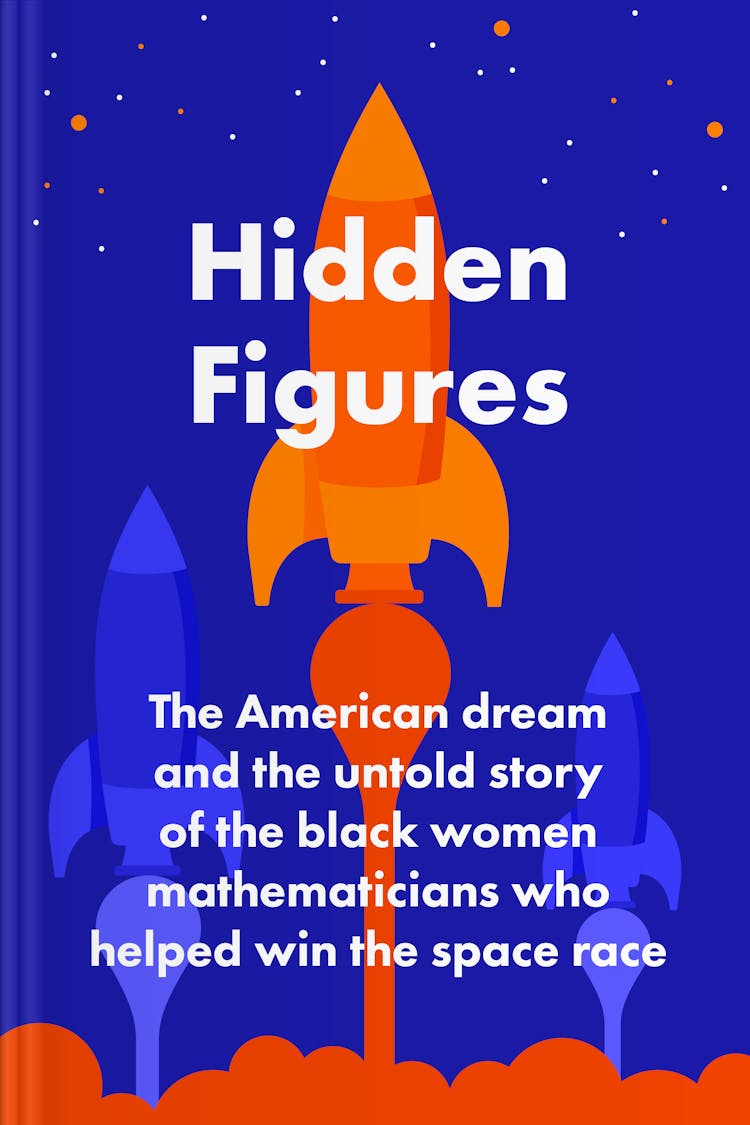 9
9Hidden Figures
by Margot Lee Shetterly
What is Hidden Figures about?
This captivating non-fiction book delves into the untold story of the brilliant African American women who played a pivotal role in the Space Race. Set against the backdrop of racial segregation and gender discrimination, the book highlights the remarkable contributions of these unsung heroes at NASA, whose mathematical expertise and determination shattered barriers, challenged societal norms, and ultimately helped America achieve its greatest scientific triumphs.
Who should read Hidden Figures
History enthusiasts interested in the untold contributions of African American women in the space race.
Students studying the intersection of race
gender
and science.
Anyone seeking inspiring stories of resilience and triumph over adversity.
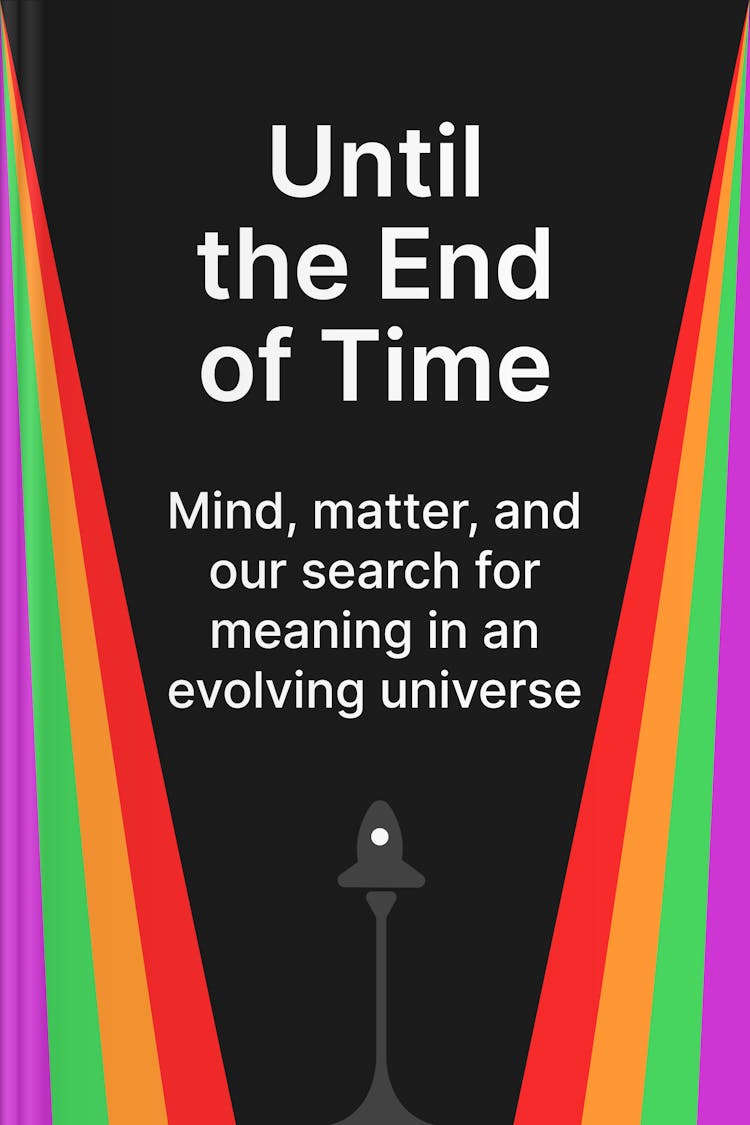 10
10Until The End of Time
by Brian Greene
What is Until The End of Time about?
In this thought-provoking exploration, a renowned physicist delves into the deepest questions of existence. Brian Greene takes readers on a captivating journey through the realms of science, philosophy, and spirituality, unraveling the mysteries of the universe and our place within it. From the origins of the cosmos to the complexities of consciousness, "Until The End of Time" offers a profound reflection on the nature of reality, the human experience, and the eternal quest for meaning.
Who should read Until The End of Time
Science enthusiasts seeking a deep exploration of the universe's mysteries.
Philosophers and thinkers pondering the nature of existence and purpose.
Curious individuals eager to understand the interconnectedness of mind and matter.
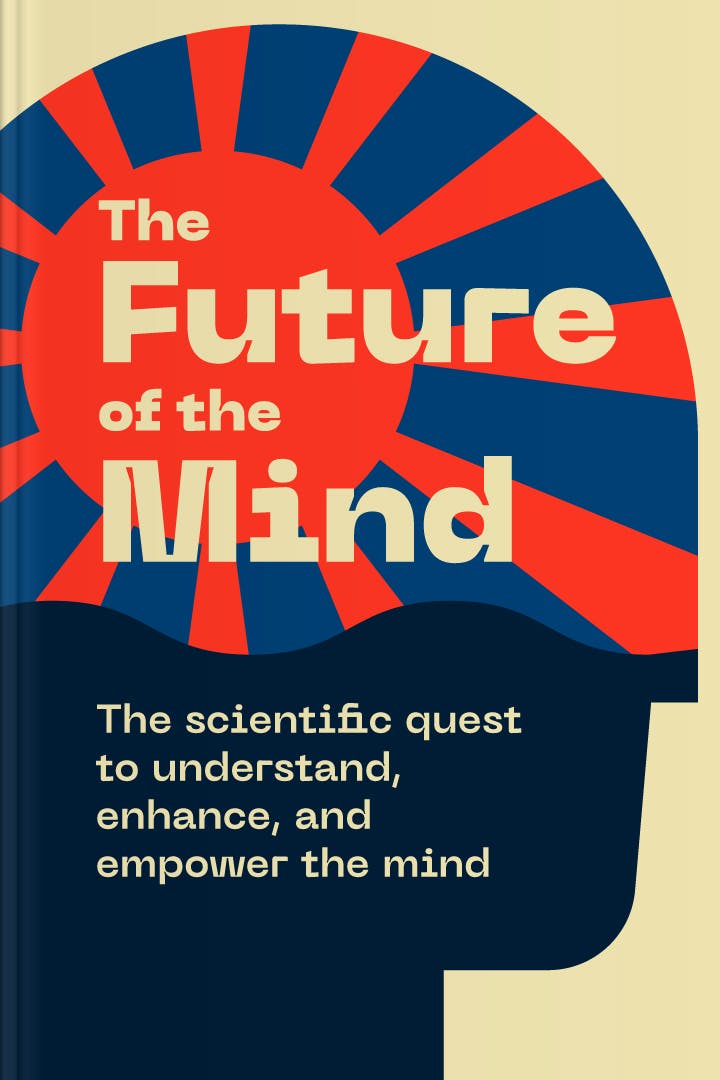 11
11The Future of the Mind
by Michio Kaku
What is The Future of the Mind about?
In this captivating exploration, a renowned physicist delves into the mysteries of the human mind and its potential. Michio Kaku takes readers on a scientific journey, discussing groundbreaking research and advancements that aim to unravel the complexities of the mind. From telepathy and telekinesis to memory enhancement and consciousness manipulation, this book offers a fascinating glimpse into the future possibilities of the human mind and the potential for unlocking its full power.
Who should read The Future of the Mind
Science enthusiasts seeking to explore the frontiers of the human mind.
Futurists and technologists interested in the potential of mind-enhancing technologies.
Anyone curious about the mysteries and possibilities of the human brain.
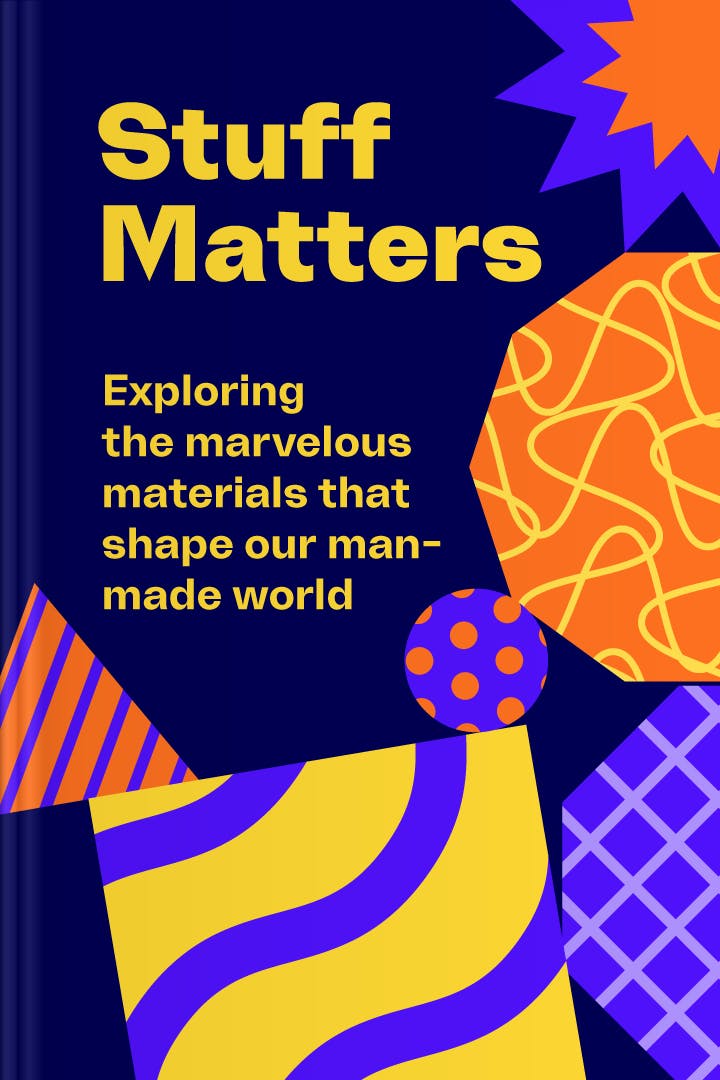 12
12Stuff Matters
by Mark Miodownik, Ph.D.
What is Stuff Matters about?
In this captivating exploration, a renowned scientist delves into the fascinating world of materials that surround us, revealing their hidden wonders and impact on our daily lives. From the glass in skyscrapers to the steel in our cars, Mark Miodownik takes readers on a journey through the history, science, and art behind the materials that shape our modern world, offering a fresh perspective on the seemingly ordinary objects we often overlook.
Who should read Stuff Matters
Scientists and engineers seeking a deeper understanding of materials.
Curious individuals interested in the science behind everyday objects.
Students studying materials science or related fields.
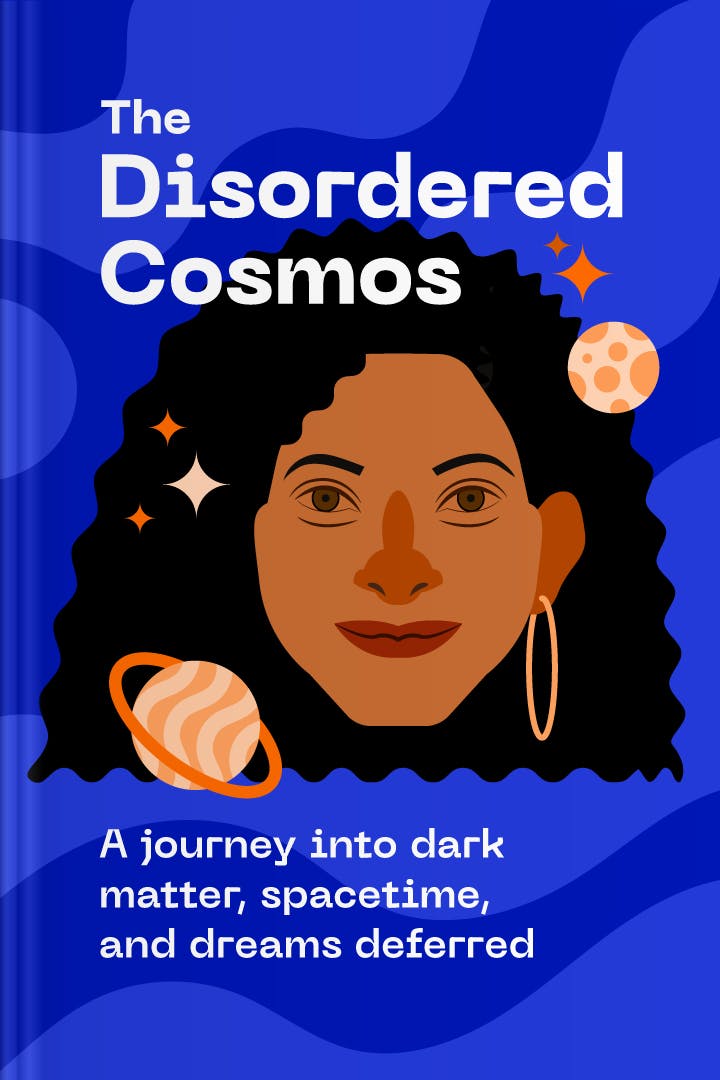 13
13The Disordered Cosmos
by Chanda Prescod-Weinstein, Ph.D.
What is The Disordered Cosmos about?
"The Disordered Cosmos" takes readers on an enlightening journey through the fascinating realms of dark matter, spacetime, and the unfulfilled dreams of marginalized scientists. Written by Chanda Prescod-Weinstein, Ph.D., this thought-provoking book explores the intersections of race, gender, and physics, challenging traditional scientific narratives and offering a fresh perspective on the cosmos. With a blend of personal anecdotes, scientific insights, and social commentary, this book invites readers to question and reimagine our understanding of the universe.
Who should read The Disordered Cosmos
Science enthusiasts seeking a comprehensive exploration of dark matter and spacetime.
Students and researchers in astrophysics and theoretical physics.
Individuals interested in the intersection of science and social justice.
